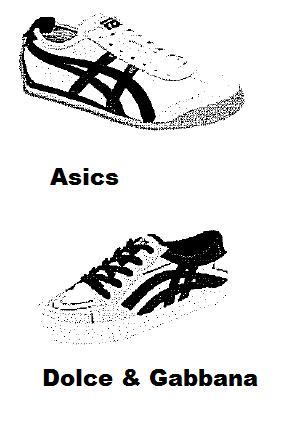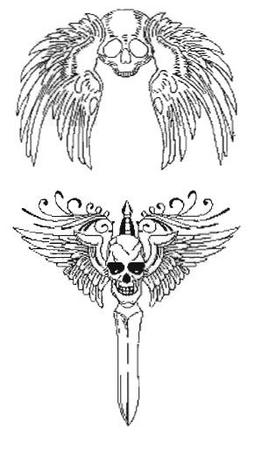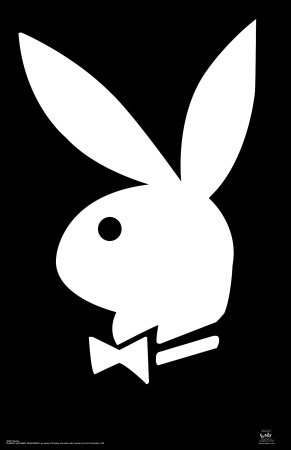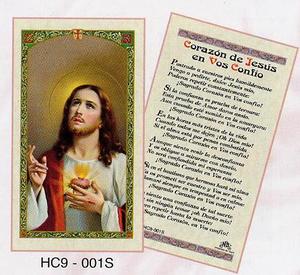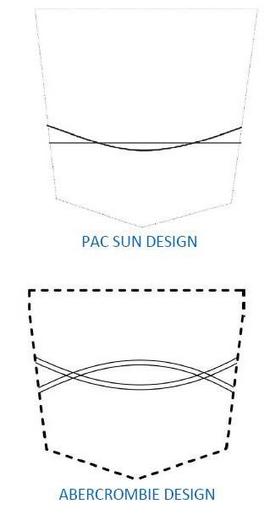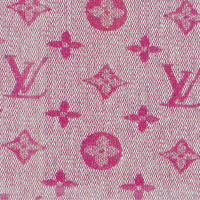Los Angeles, CA – Trademark attorneys for Mexico’s Club De Futbol America filed a trademark infringement, trademark dilution and Lanham Act 43(a) unfair competition lawsuit at the Los Angeles Federal District Court against operators of a soccer club using the Club America trademark in the United States. Club America is a professional soccer club formed in 1916 and is one of the most popular soccer teams playing in Mexico’s Primera Division. It has registered with the U.S. Patent & Trademark Office the words “Club America” and its design trademark of a ball with the letters “C” and “A” on either side of the continents of North and South America. Club America also runs a soccer school under its word and design trademarks.
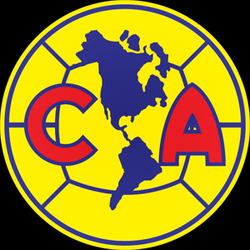 Club Amercia accuses the Defendants of using the Club America trademarks in operating competing soccer training schools, whereby to “the average consumer, there is no way to distinguish promotion or advertising of the Counterfeit Schools from the Authentic Schools.” Defendants are accused of using the website www.clubamericaschool.com to promote the competing soccer training schools under the additional names of “Casa De Deportes,” “Centro De Formacion Club America,” “Club America,” “Club America School,” and/or “America School Professional Soccer Academy.” Defendants are accused of the deliberately infringing and causing confusion by using Plaintiff’s logo on their website, by displaying the team’s official eagle mascot, and having a prominent hyperlink to Plaintiff’s official website. Plaintiff alleges that defendants have failed to comply with three cease and desist letters, thereby forcing the filing of the instant lawsuit. The case is titled Club De Futbol America v. Mike Ochoa, et al., CV08-06563 MRP (C.D. Cal. 2008).
Club Amercia accuses the Defendants of using the Club America trademarks in operating competing soccer training schools, whereby to “the average consumer, there is no way to distinguish promotion or advertising of the Counterfeit Schools from the Authentic Schools.” Defendants are accused of using the website www.clubamericaschool.com to promote the competing soccer training schools under the additional names of “Casa De Deportes,” “Centro De Formacion Club America,” “Club America,” “Club America School,” and/or “America School Professional Soccer Academy.” Defendants are accused of the deliberately infringing and causing confusion by using Plaintiff’s logo on their website, by displaying the team’s official eagle mascot, and having a prominent hyperlink to Plaintiff’s official website. Plaintiff alleges that defendants have failed to comply with three cease and desist letters, thereby forcing the filing of the instant lawsuit. The case is titled Club De Futbol America v. Mike Ochoa, et al., CV08-06563 MRP (C.D. Cal. 2008).
 Los Angeles Intellectual Property Trademark Attorney Blog
Los Angeles Intellectual Property Trademark Attorney Blog



